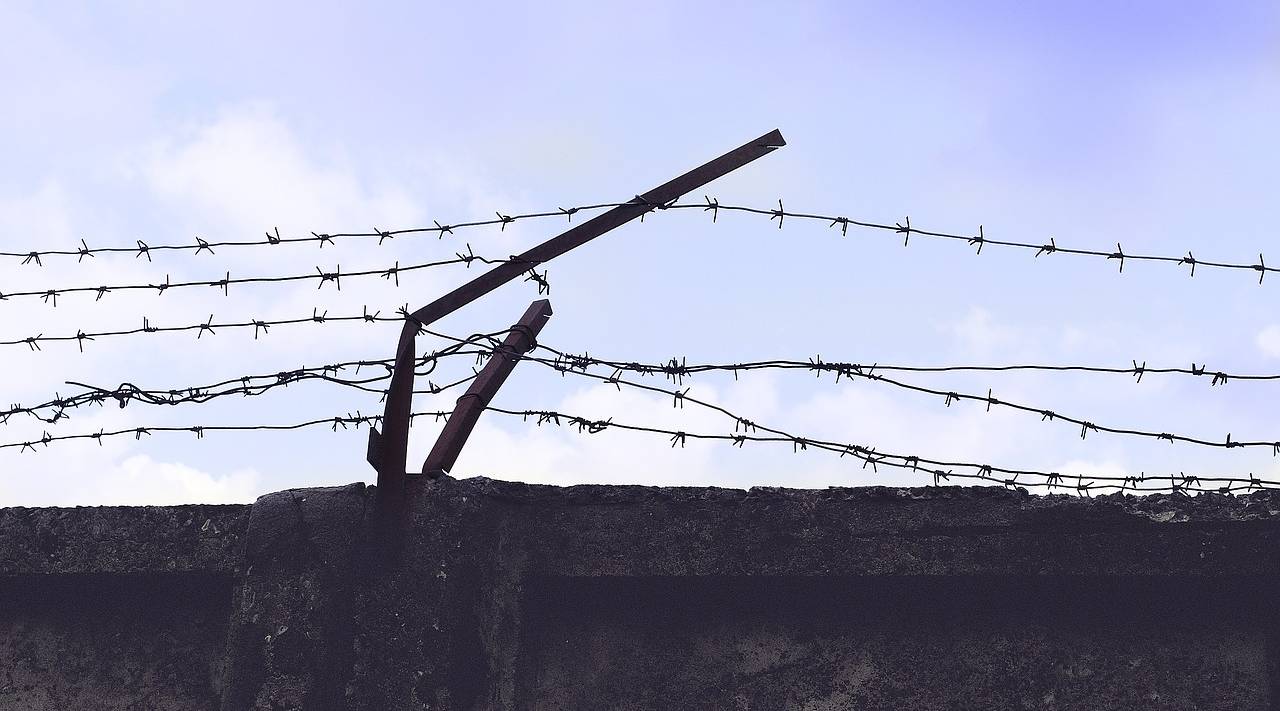The colony is currently undergoing major repairs in the residential building. Means of communication are being replaced and metal-plastic double-glazed windows are being installed.

The Japanese firm Fujikura set up, this year, a production line at the prison’s production facility. It employs 105 prisoners. According to the inmates, the working conditions and earnings are quite satisfactory. They do not benefit from fixed-term employment contracts.
The colony shows failures common to the whole Ukrainian penitentiary system. Prisoners serving a punishment regime do not have the right to independently open their window for access to fresh air. They lack natural and artificial lighting and the sanitary ware is outdated.

There is no air conditioning and no nighttime ventilation or lighting. There is no kettle. Disciplinary cells do not respect the standard minimum living space, set at 4 m² per person. For instance, a cell with a total area of 10 m² houses four beds and a cell with an area of 4.2 m² houses two beds.

Violations of norms were also recorded in the residential premises of the re-socialization section. The institution officials explained they were due to repairs in other premises. In the local section number 2, bathrooms and toilets were in a state of dilapidation. Electrical systems raise a safety concern. No one is in charge of pest control.
Toilets¶

Showers¶

No information or contact details of organizations that can appeal against the actions of the administration are provided (free legal aid centers, the Office of the Commissioner for Human Rights, the Office of Public Prosecutor).
In spite of the fact that, according to the prison’s schedule, all inmates should wake-up at 6 am, those placed in disciplinary cells wake up at 5 am.
At the time of the visit, the infirmary remained incomplete. There were no psychiatrists. Contrary to the established requirements, doctors do not carry out a medical examination of inmates who are about to be released.
The correctional colony does not include facilities for social rehabilitation. Prisoners should, at one point, be transferred to these facilities as a sign of encouragement.
The Criminal-Executive Code of Ukraine (2004) provides for the creation of polling station inside the prison.
The results of the monitoring visit describing the identified violations of the inmates’ rights and providing practical recommendations for their elimination will be forwarded to the Ministry of Justice of Ukraine.





